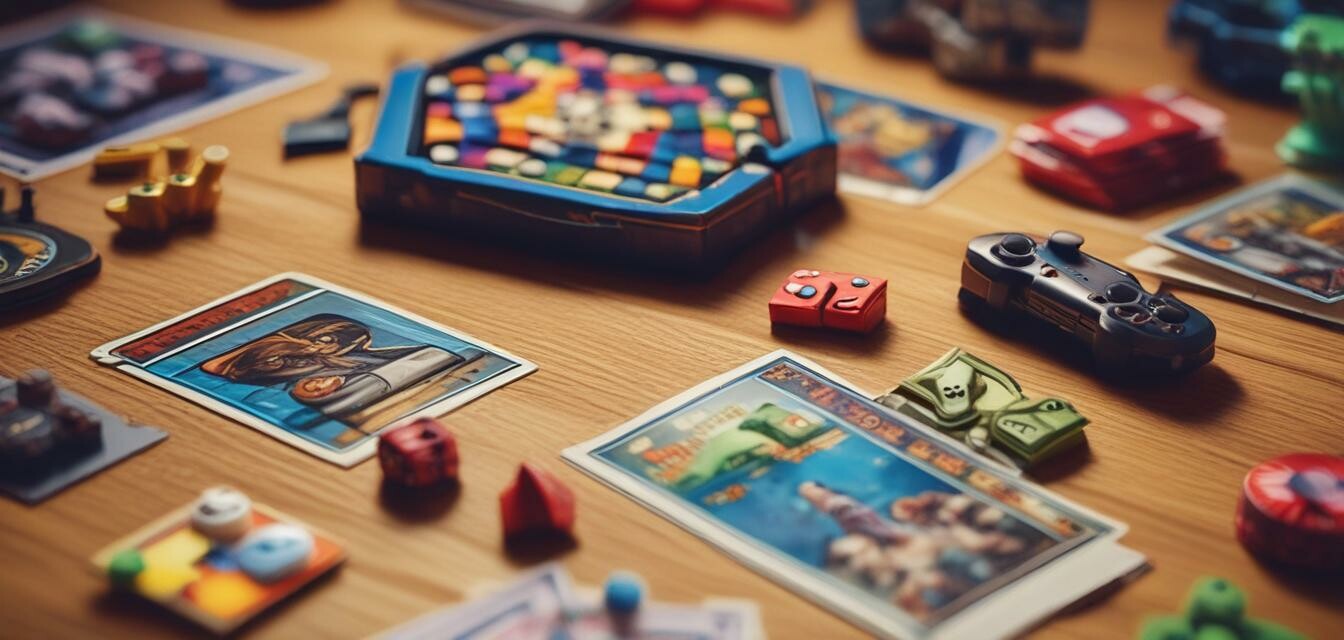
Patience-Building Games for Kids and Families
Key Takeaways
- Patience-building games foster essential life skills in children.
- These games encourage family interaction and teamwork.
- Exploring different game types helps to cater to various interests and age groups.
- Setting a positive gaming environment promotes healthy competition.
- Incorporating strategies can enhance engagement and fun.
In today's fast-paced world, teaching kids the virtues of patience and perseverance can be quite a challenge. Fortunately, there are numerous games designed specifically for this purpose. These engaging activities not only help children learn to take their time and think through problems but also encourage families to engage in meaningful interactions. Families can bridge the generation gap by tackling challenges together, fostering both fun and education in the process.
Why Patience-Building Games Matter
Patience is a virtue that can sometimes feel elusive, especially for young children. By engaging in family gaming activities that focus on patience, kids can develop key emotional and cognitive skills. Here’s how these games can make a difference:
- Enhanced Focus: Waiting for your turn or understanding a complex game can improve concentration.
- Problem Solving: Many patience-building games require strategic thinking and decision-making.
- Social Skills: Playing with family members fosters communication and cooperation.
Types of Patience-Building Games
Here's a detailed breakdown of various types of patience-building games suitable for kids and families:
| Game Type | Description | Benefits |
|---|---|---|
| Board Games | Games that usually require turns and strategies | Encourages turn-taking, strategic thinking, and patience. |
| Video Games | Interactive digital games promoting cooperative play | These often involve challenges that require planning and teamwork. |
| Card Games | Games based on card combinations and turns | Enhances memory, attention span, and the ability to wait for the right moment. |
| Puzzles | Games that involve completing a picture without rushing | Boosts cognitive skills and teaches the value of perseverance. |
| Outdoor Games | Physical games requiring patience in waiting and fair play | Promotes physical activity while encouraging social interaction. |
Tips for Playing Patience-Building Games
Beginner’s Section
- Start with simpler games that match your child's age.
- Encourage discussion about game strategies to facilitate learning.
- Maintain a positive atmosphere to enhance the gaming experience.
- Involve everyone in the family to promote teamwork and bonding.
- Set regular game nights to establish a routine that everyone looks forward to.
Creating a Supportive Gaming Environment
To maximize the benefits of patience-building games, consider these points for creating a supportive gaming environment.
- Use a designated gaming area that's comfortable and free from distractions.
- Ensure all players understand the rules to minimize confusion.
- Encourage and praise efforts, regardless of winning or losing.
Conclusion
Incorporating patience-building games into your family routine can prove to be not just fun but also completely transformative for your children's development. These experiences require cooperation and strategic thought, making them the perfect bonding activity for families. Explore our family-friendly consoles and gaming accessories to find the best options suited for your gaming sessions. By integrating patience into the fun, you are helping to foster resilience, focus, and camaraderie among family members.
Pros
- Fosters patience and strategic thinking in children.
- Promotes quality family interaction.
- Diverse game types cater to different interests.
Cons
- Some games may be too complex for young children.
- Requires time commitment for proper engagement.